The unexpected truth about how we should sleep
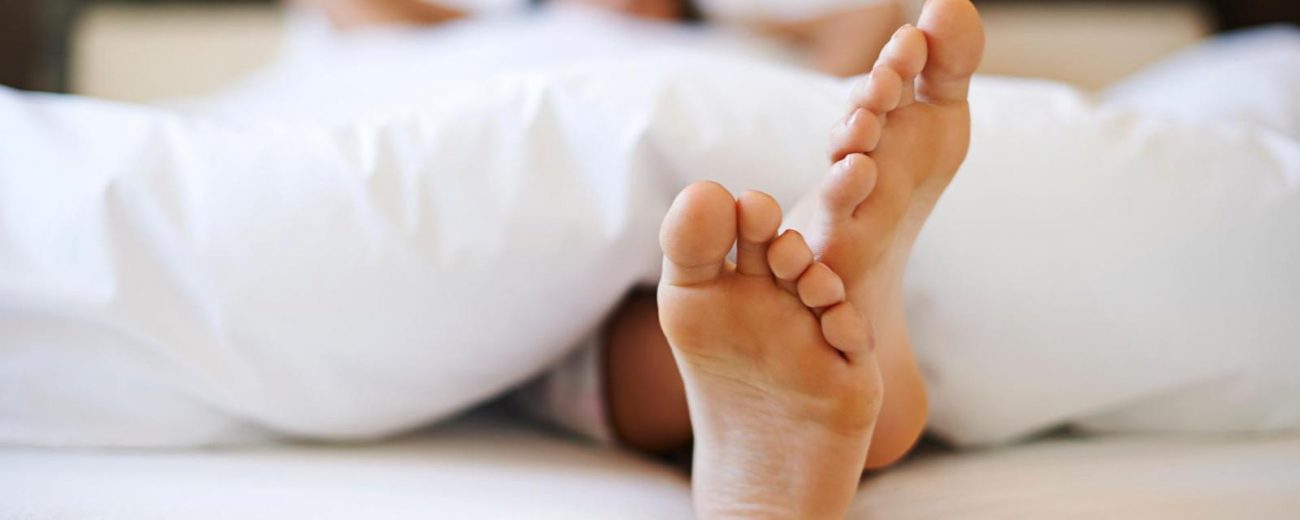 Source:
Source:
They Say that technology is preventing us to sleep. Saying that we don't get enough sleep (and how can you argue with that?). But in fact we may sleep longer than expected, and not even understand why. They say that elephants have good memory. They say that one of the functions of sleep is consolidation of memory. If both of these facts are true, then the elephants would have to sleep a lot. But these massive thick-skinned animal with the largest among mammals, the brain, sleep only two hours every night.
And while we sleep almost every night in our lives, we still do not understand why. There are so many General ideas about sleep that most of them are often wrong, as can be seen from the example above. Have you heard, for example, that due to the electric illumination, and the weak glow emanating from the screens of smartphones which we see before going to sleep, we close the eyes a lot less than our ancestors, hunters and gatherers?
"Many people have heard about it so much in the media that are absolutely sure of that," says Jerry Siegel, Director of the Center for sleep research, University of California at Los Angeles. He admits that this history fascinating, but that's fundamentally wrong. Possible. "The problem is that we have absolutely no data on this issue," he says. "The device we use to measure sleep, was invented much later after the start of use of the electric light".
Since it is impossible to ascertain how much time our ancestors spent in sleep, Siegel decided to do something better. He visited Tanzania, Namibia and Bolivia, dealing with contemporary groups of hunter-gatherers. These people were born in an environment that would be closer to our ancestors of other modern.
Throughout his life, these societies of hunter-gatherers lived — and slept — without any modern devices that we are accused of violating their own peace of mind. Between the two population groups in Africa — a few thousand kilometers; the third is descended from groups that migrated from Africa, through Asia, crossed the isthmus of Alaska, then North America and ended up in South America. Despite these significant recession, all three groups sleep about the same time during the night: on average, six and a half hours. According to Siegel, there is no reason to believe that our ancestors slept more than that.
For most people living in modern societies with all the attributes of the technology and electricity — the amount of time that they spend in sleep is from six to eight hours at night. So our ancestors not only slept longer than us, they may have slept a little less than some of us.
We also used to sleep in the comfort of our homes with air conditioners, comfortable mattresses with soft pillows, worrying mostly about is asleep next to Bobby on the Mat. Our ancestors slept on rocks, in mud, on tree branches, were freezing and starving. They did not know what ear plugs and mosquito repellent saved very mediocre. Still they had to worry about a possible attack by a predator or enemy. It is not surprising that they failed to sleep more than six hours.
However, there is another myth about how our ancestors slept — they were asleep within a few short periods of time during the night, and not a deep sleep. But this too is wrong, says Siegel. This erroneous assumption appeared in our heads when we watched the Pets.
"I Think the origins of this idea go back to cats and dogs and what do cats and dogs — that's how they sleep," he says. "But the primates — no." We are the last in a long list of species that prefer to sleep in one long sleep every night without waking up hurl. Not that monkeys did not sleep a day, sometimes this also happens, or don't Wake up randomly at night. But as with our own kind, it is not normal.
Indeed, the cross-cultural study Siegel has shown that modern hunter-gatherers almost never dormant in winter and sometimes in summer, presumably to escape from the wild heat. And even then, he says, the average person slept a day every five days or so.
And here is another thorn in this myth. People, which were studied by Siegel, lived quite close to the equator. As you move to higher latitudes, the night can last up to 16 hours in winter, so the life in such an environment could make our ancestors from Northern Europe to break their sleep at this time of year. But despite this, people in Northern Europe, even today, prefer to sleep normal long night's sleep, sometimes waking up to briefly to visit the restroom.
Finding out where the legs grow from the two of the most common myths regarding sleep, Siegel decided to turn to other, more fundamental questions about the nature of sleep. Why are we doing this?
If sleep plays a role in memory consolidation or any other functions of the brain, why then the big brown bat sleeps 20 hours a day, while a gigantic and very complicated (and clever) the African elephant sleeps only for 2 hours?
Instead, Siegel wondered whether the dream not to be a biological requirement itself, but rather evolutionary way to maximize productivity? The work in Nature Review Neuroscience in 2009, he wrote that sleep may provide means for "improving the efficiency behavior by adjusting its temporal constraints and reducing power consumption when activity is not useful."
This is a common technique both for animals and for plants. Some trees shed their leaves in the fall and cease to photosynthesize. You can imagine it as a kind of Botanical slumber. Bears hibernate in winter to avoid useless consumption of energy to hunt and search for food, when it did not find.
Other mammals like the echidnas fall into a sleepy state known as torpor, where their metabolism slows to almost zero and helps to survive hard times. Perhaps the dream is merely our version of this "adaptive inactivity" that allows us to be productive during the day and avoid the surge and, historically, did not face the predators at night. Because we can easily Wake up if necessary.
In Short, sleep may be a manifestation of evolutionary laziness.
...Recommended
The coronavirus has mutated into 30 new strains
While coronavirus Apocalypse slowly but inevitably becomes routine, the virus SARS-CoV-2 continues to evolve. And, unfortunately, he was good at it. Writes , with reference to the South China Morning Post reports that new studies show that the virus ...
In the United States recognized that the ventilator dies 88% of patients with coronavirus
When the world is raging coronavirus that causes pneumonia and kills people, the only solution is intensive care. If this is not done, the victims will be very much. Today for severe patients there is only one solution — connected to the appara...
Can a transfusion of blood plasma to cure the coronavirus?
Typically, vaccination involves the introduction into the organism of the weakened or killed microorganisms (viruses) designed to create a strong immunity to possible future infectious diseases — that is, for selection of antibodies. But what i...
Related News
there is No doubt that over time, under the pressure of circumstances and the environment we all do: acquire new habits and Hobbies, but hardly anyone of us can say that our personality is, say, a decade ago and now — it's c...
The fall of the Aztecs tied to the Salmonella outbreak
the DNA of the bacteria by the age of 500 years was a direct reference to the epidemic — one of the deadliest for people — which broke out after the Spanish conquest. The study showed that one of the worst epidemics in human histo...
Two destinies, one person: the amazing story of a face transplant patient
In June last year at the Mayo clinic, one of the largest private medical centers in the world, located in Rochester, Minnesota, USA, was the first in the history of this medical institution operation to transplant the face. This m...
10 mutant genes that will make you a Superman
At some point each of us fantasized about being a hero. Of course, tight leotards can be uncomfortable in some places, but it's a small price that anyone is willing to pay for the possession of amazing powers. Fortunately, that dr...
Scientists have supported genetic modification of human embryos
a New report from the National Academy of Sciences USA shows that overseas the community of scientists is going to soften its position regarding the editing of genes. The biggest concern is still there from the experts, associated...
Scientists have found a sleep switch in the mouse brain
Biologists have studied sleep for over a hundred years. With time up began to surface interesting details: the sleep deprivation, as we now know, can lead to death. The carotid pressure, the need for sleep increases the longer we ...
The first pregnancy test was strange but accurate
well, to be fair, we had a long way to the two strips. When a woman is on toilet seat with knees apart and hand tucked down, she often wonders: how did I get here? No, not because she pees on the stick — it usually knows why and h...
The malaria vaccine successfully passed clinical trials
Mosquitoes remain the primary vector of malaria. According to the world health organization every year malaria sick from 124 to 283 million people, of which 755 thousand cases are fatal. And as soon as the scholars tried with the ...
Russian scientists have slowed the aging of cells using the sleep hormone
anti-aging is one of the leading places in cosmetology and medicine. And if to correct symptoms of aging is not difficult, to slow down the process «inside» at times more difficult. And according to the journal Biochimic...
Created by a prosthesis controlled by signals of nerves in the spinal cord
Scientists from Imperial College London have developed that interprets the signals of the nerve endings of the spinal cord and turns them into movements of the prosthetic hand. To lead hand in motion, a person only need to think a...
Chocolate tablet save you from dementia, heart attack and stroke
Long known that the disease is easier to prevent than to treat. Diagnostic and preventive medicine in the world pays a lot of attention. And in the prevention of diseases, a role played by proper nutrition. Often unusual useful pr...
Created a subcutaneous implant is a neuromodulator, which will save you from obesity
the Extra weight gives people a lot of problems. In addition to the purely aesthetic, obesity leads to increased risk of a number of diseases. That is why the fight against this condition is actively conducted worldwide. Undoubted...
Found a way to detect lung cancer in exhaled air
Diagnostic medicine and prevention is perhaps one of the most important areas. After all, any disease is much better to treatment if detected early. This is especially true of such terrible diseases as cancer. But there is one pro...
AI is as effective in diagnosing skin cancer, like a real dermatologist
New artificial intelligence system is able to determine the visible signs of skin cancer with the same accuracy with which it is done by real doctors. The next step, according to experts, who developed this system, is its integrat...
Fish discovered genes that ensure their resistance to cancer
American scientists have made a very important discovery. They were able to identify specific genes that are directly associated with high resistance to cartilaginous fishes of the class Chondrichthyes, which includes about 1207 s...
Scientists have created the first viable embryo hybrid of man and pig
just yesterday, that the Japanese scientists were able to grow pancreas of the mouse in the body of a rat that has brought science one step closer to growing human organs in animals. And that's another win for the researcher...
Scientists were able to overcome the fear of death by virtual reality
Thanatophobia is a pathological fear , which is quite common among people. If you think about it, it seems to be a fear of death – quite a rational fear, as it can be described as a part of the survival instinct. But in fact such ...
Created a cooling mask for the face, which will make extractions painless
Many people are afraid of dentists. Despite the abundance of drugs for anesthesia, even the most strong-spirited one, the sound of a drill can cause anxiety and fear. There is a group of people who for whatever reason can not use ...


















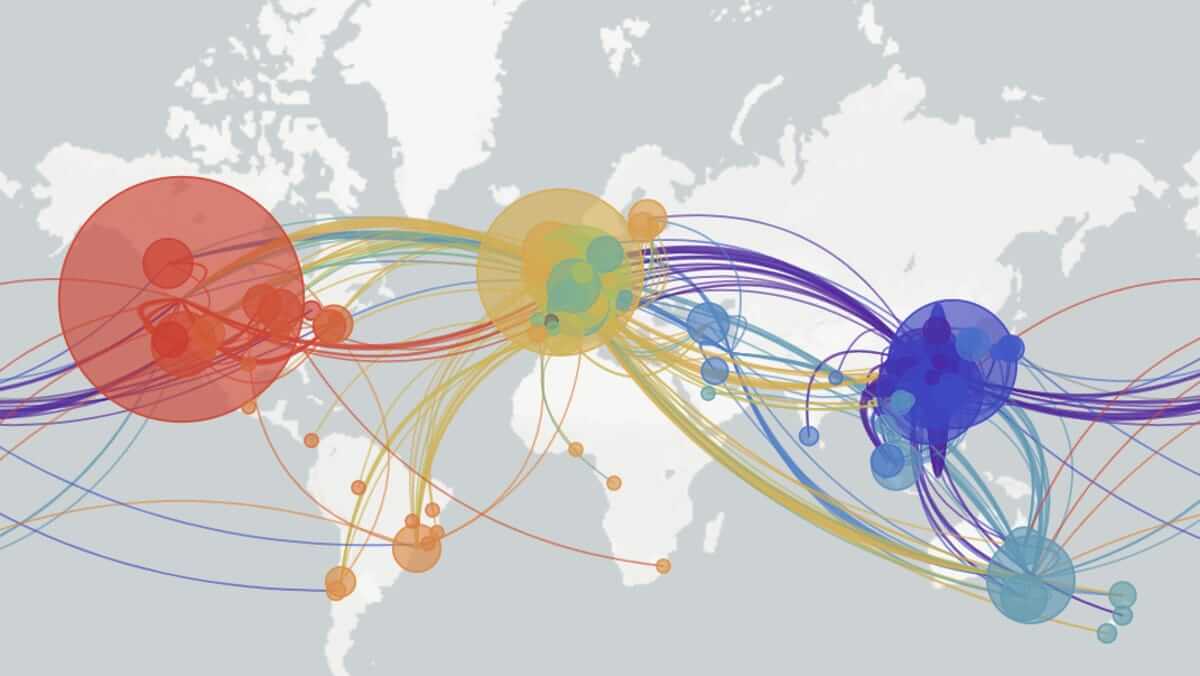
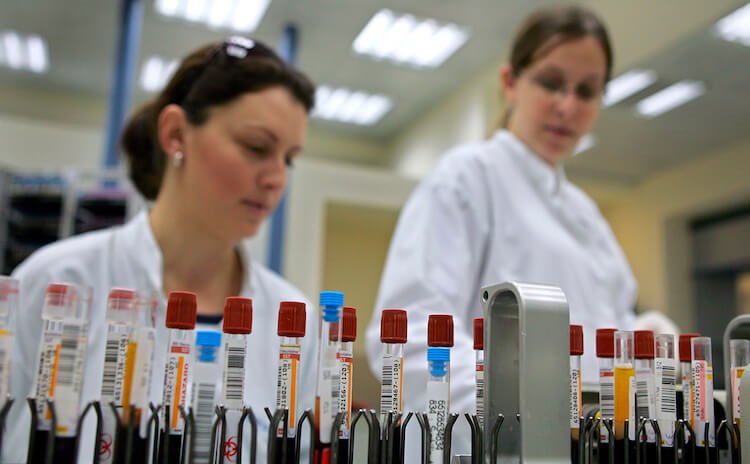
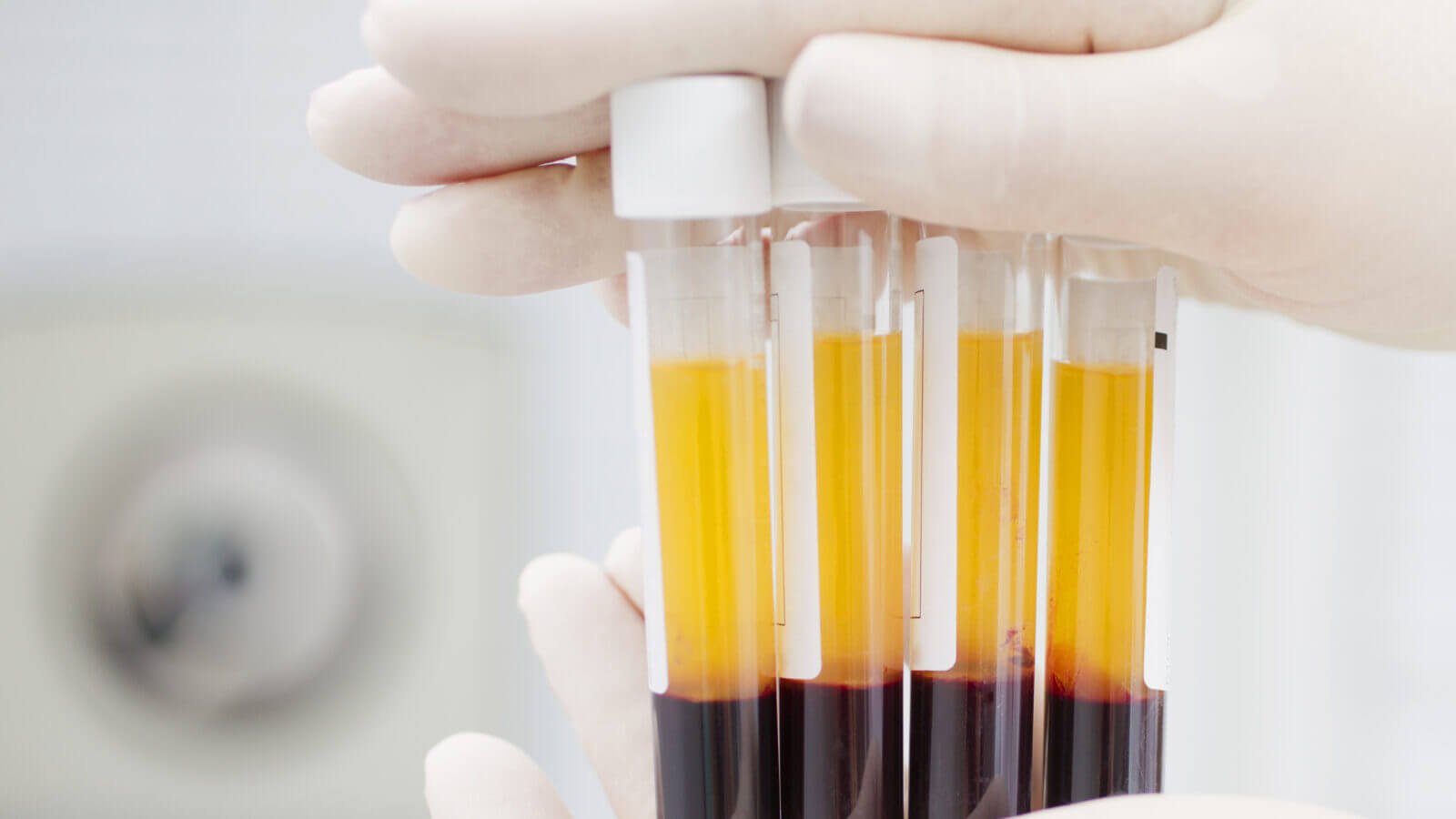
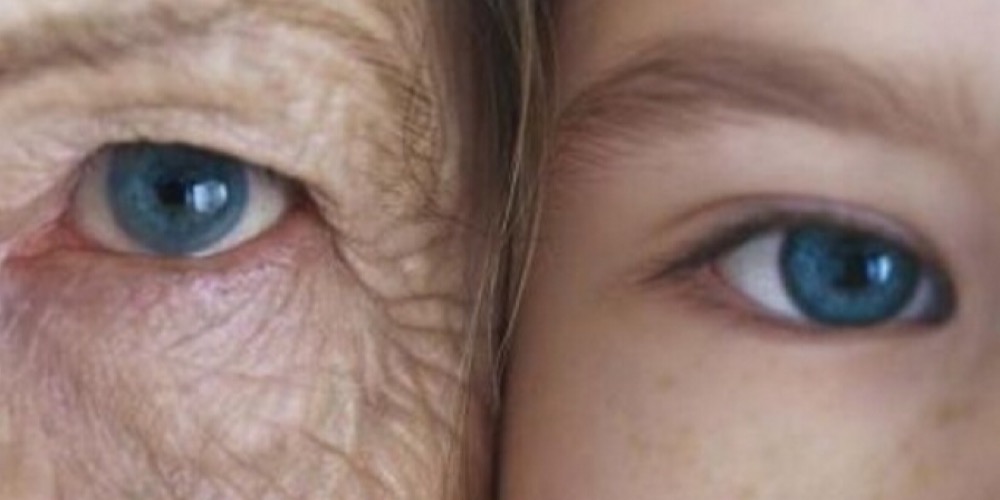
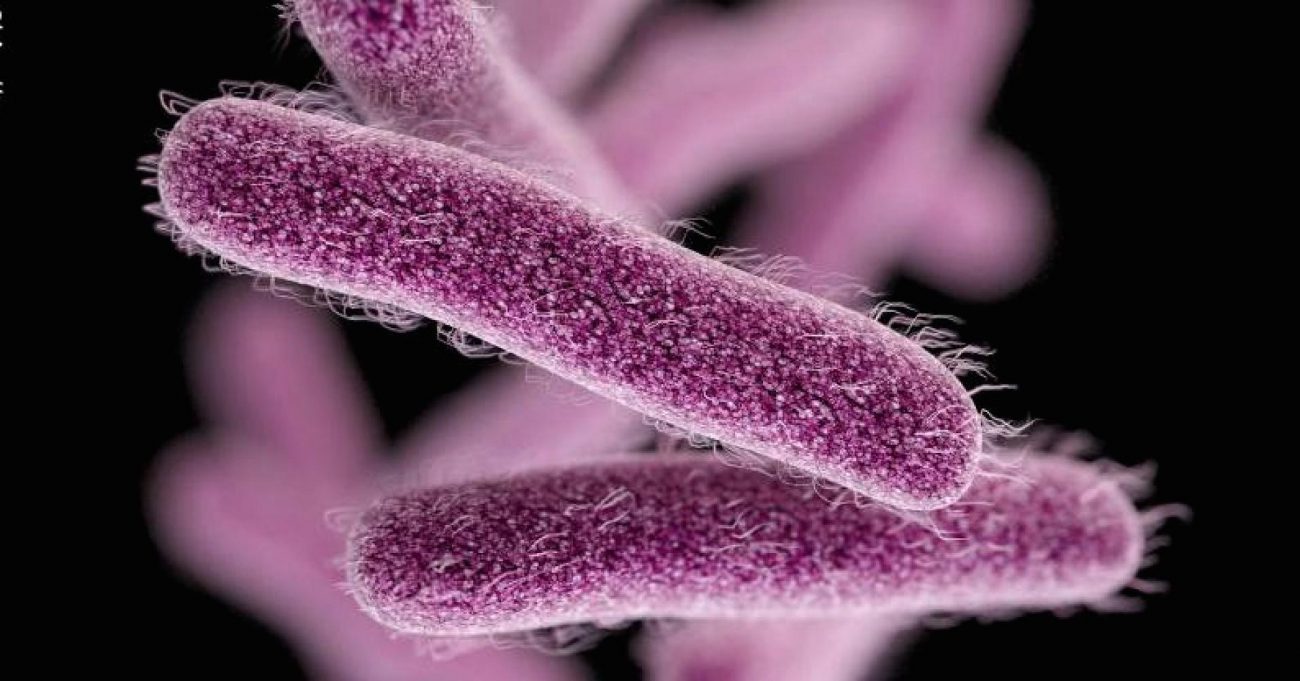
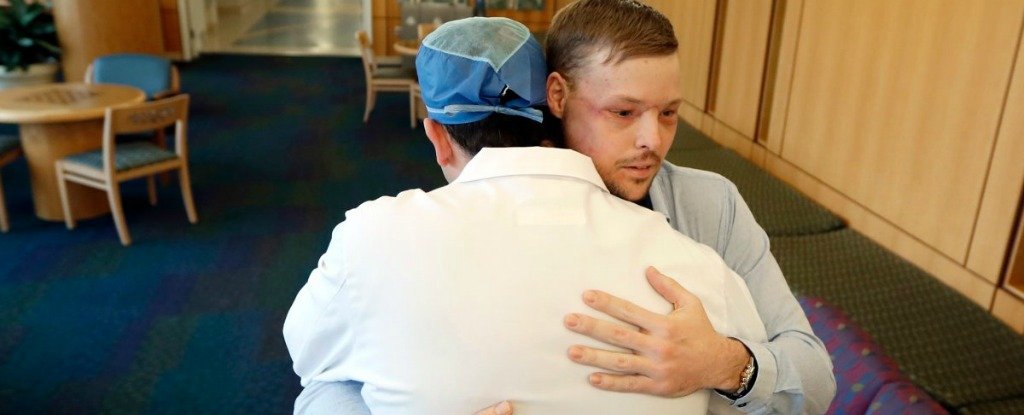
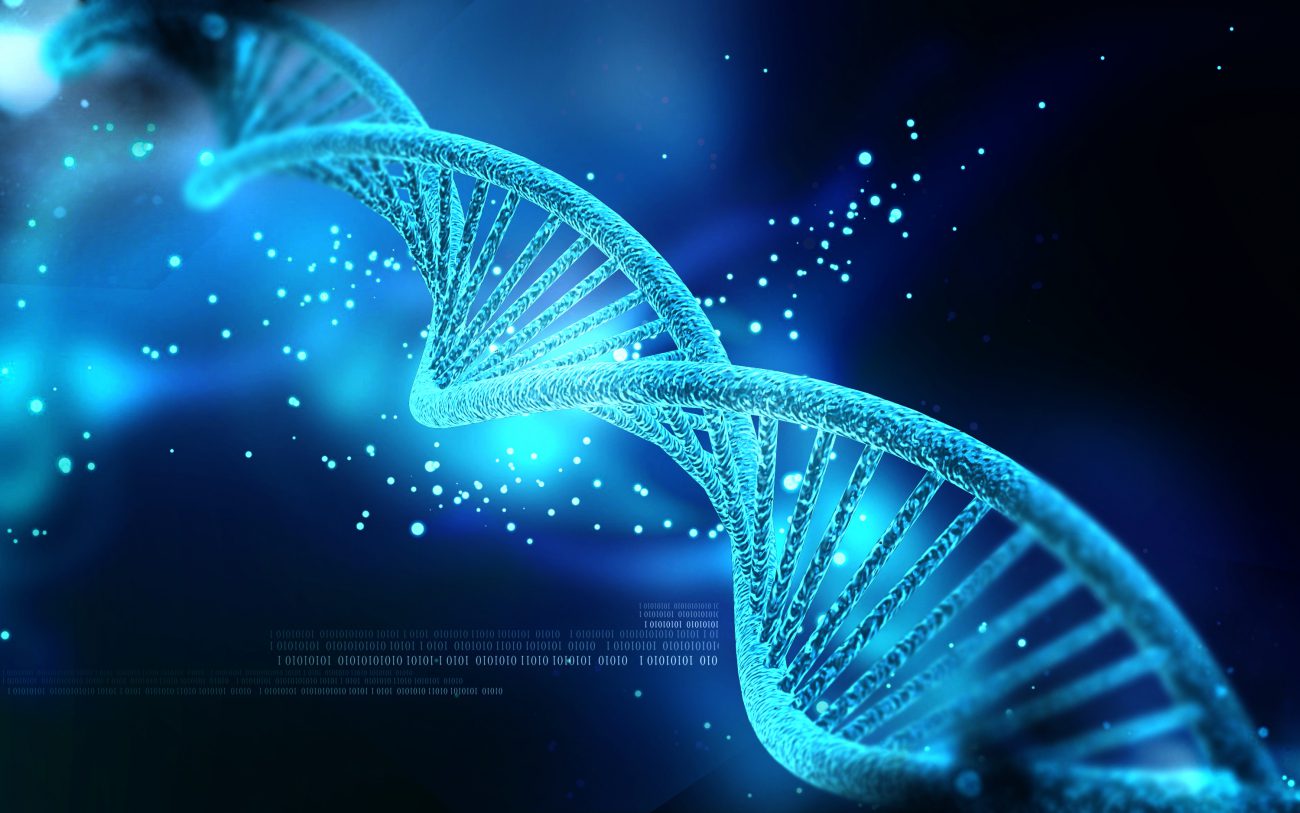
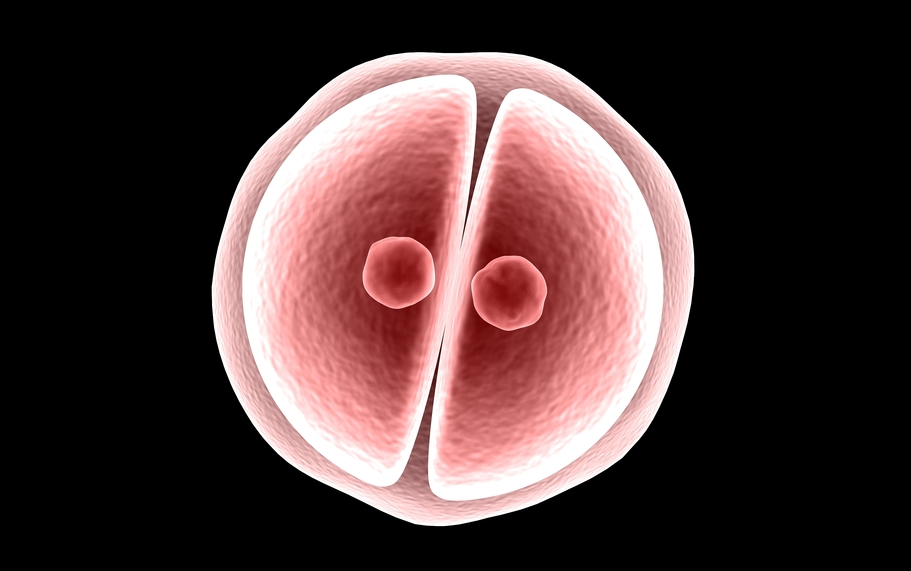
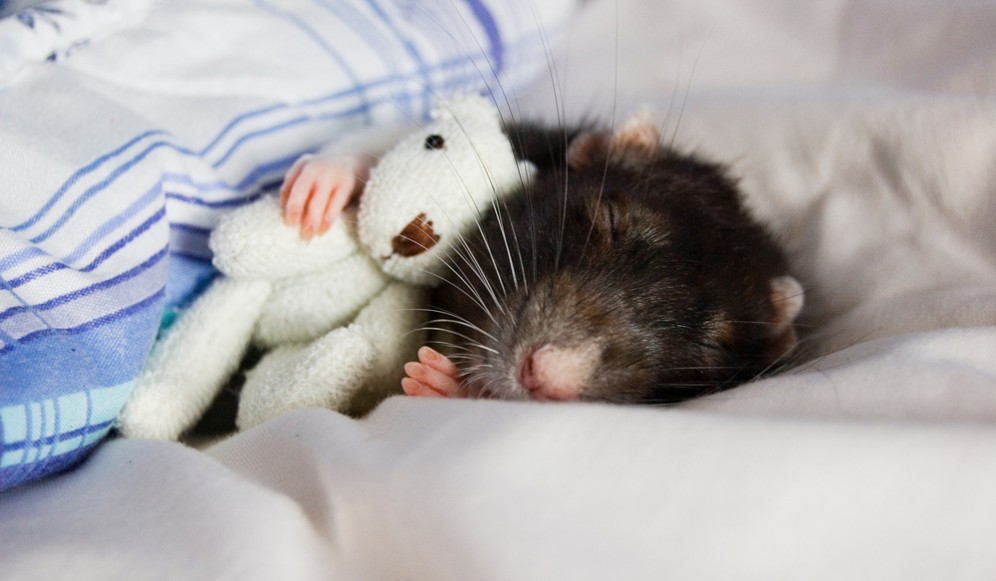
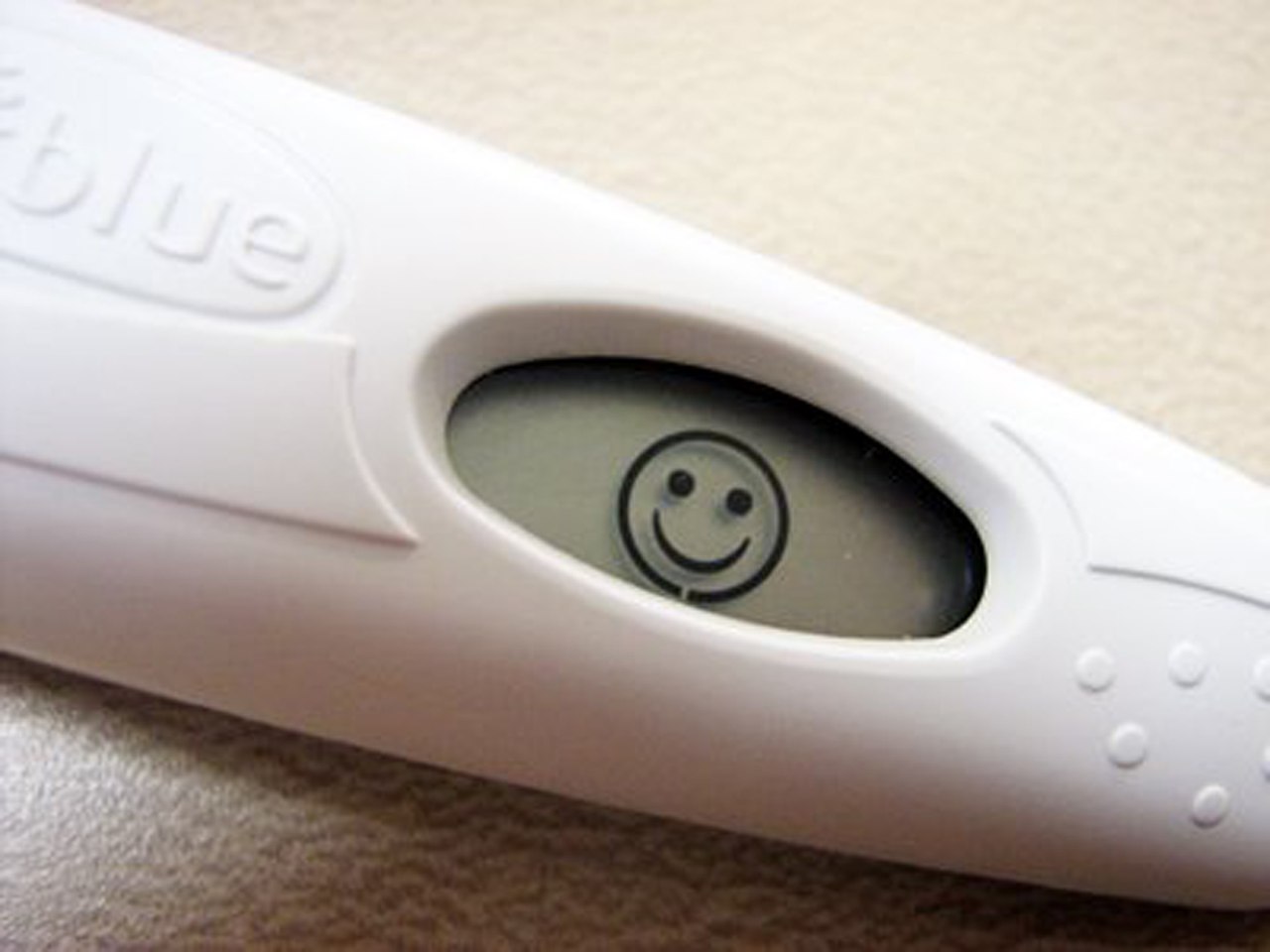
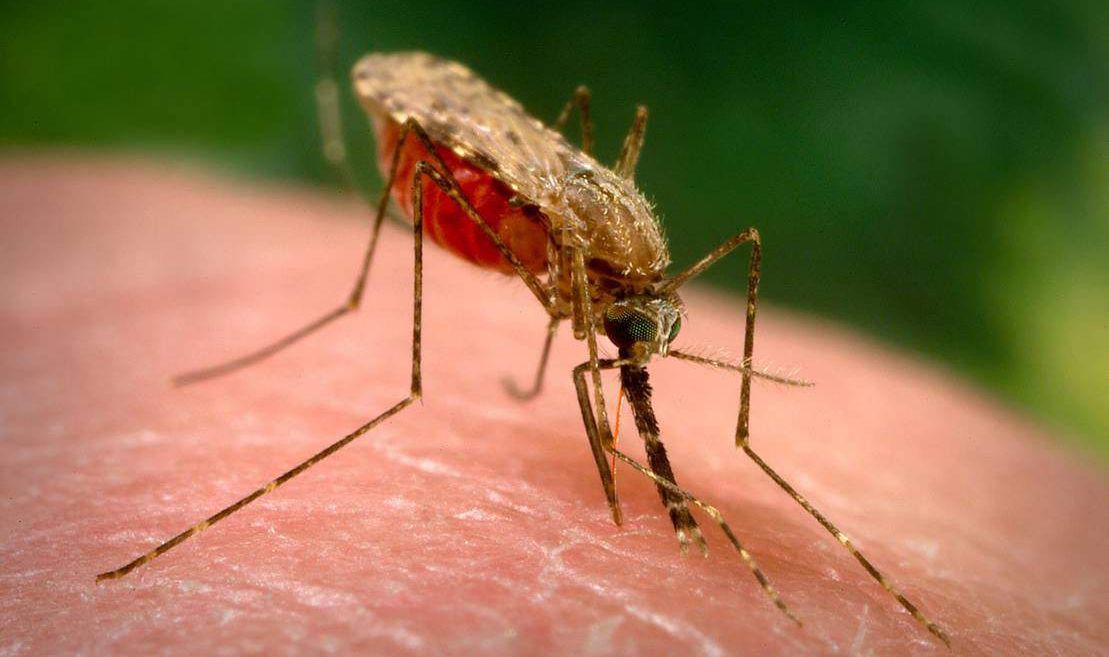
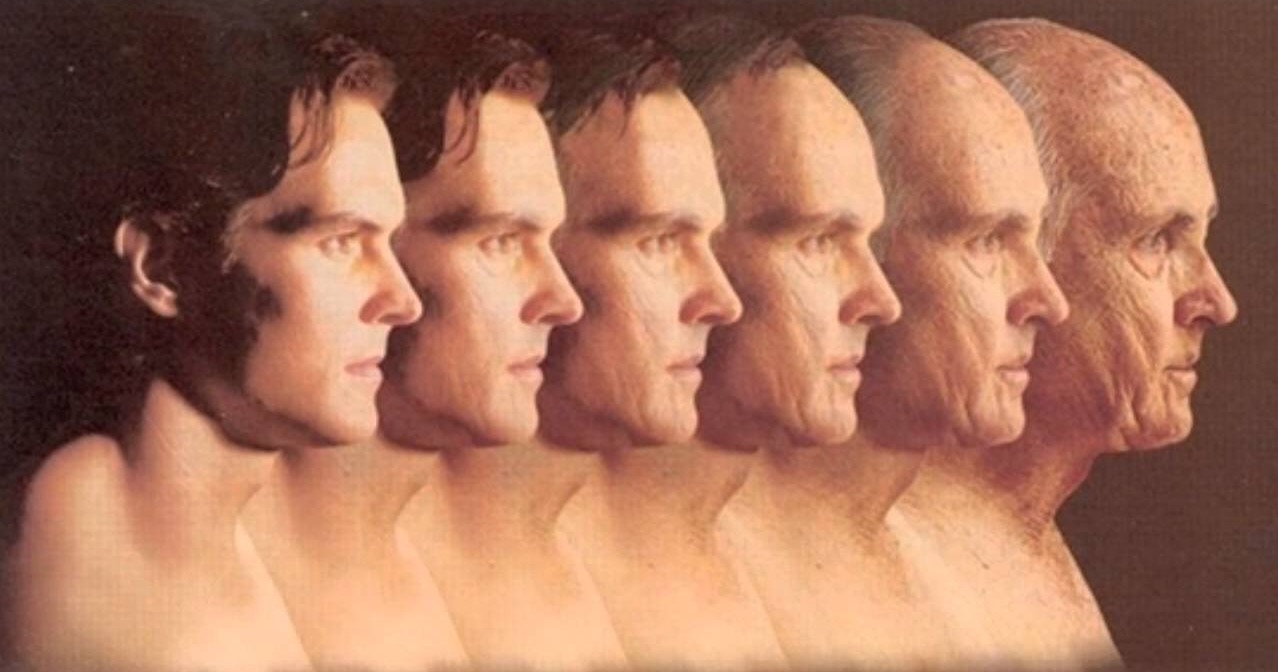
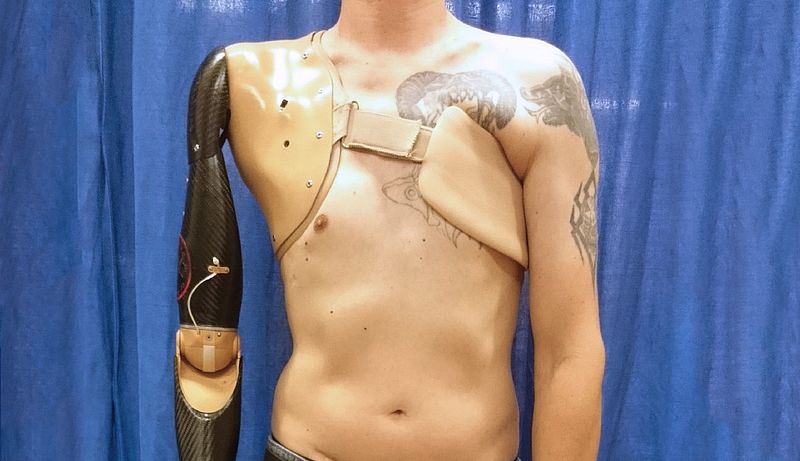


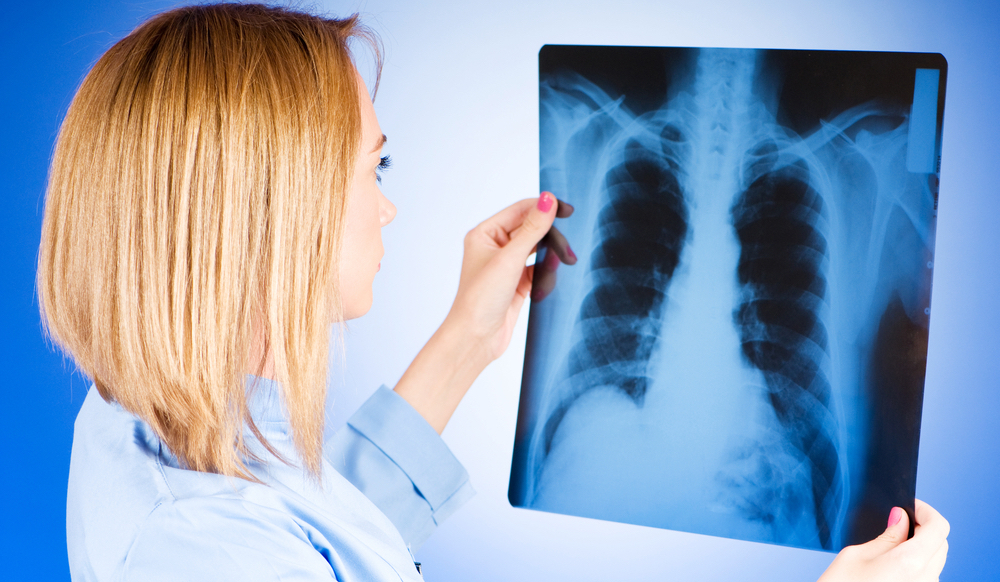
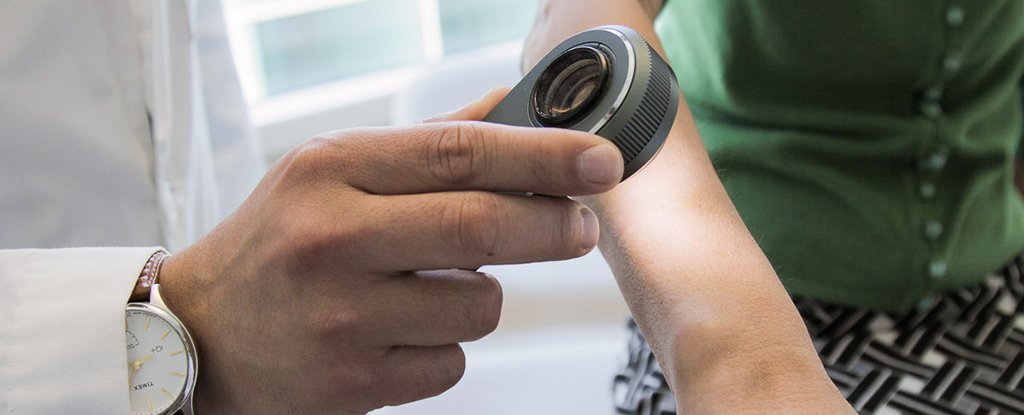
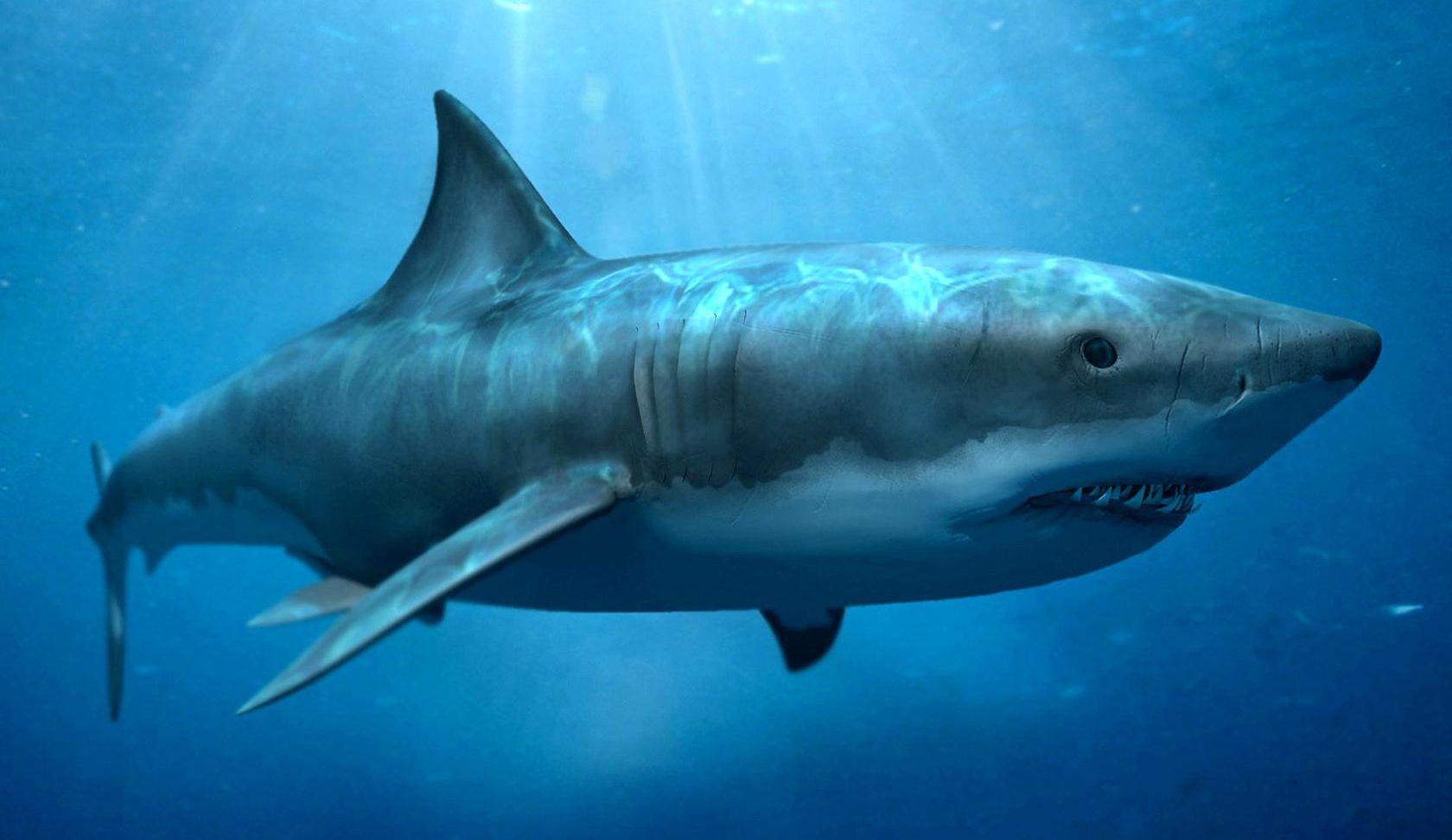
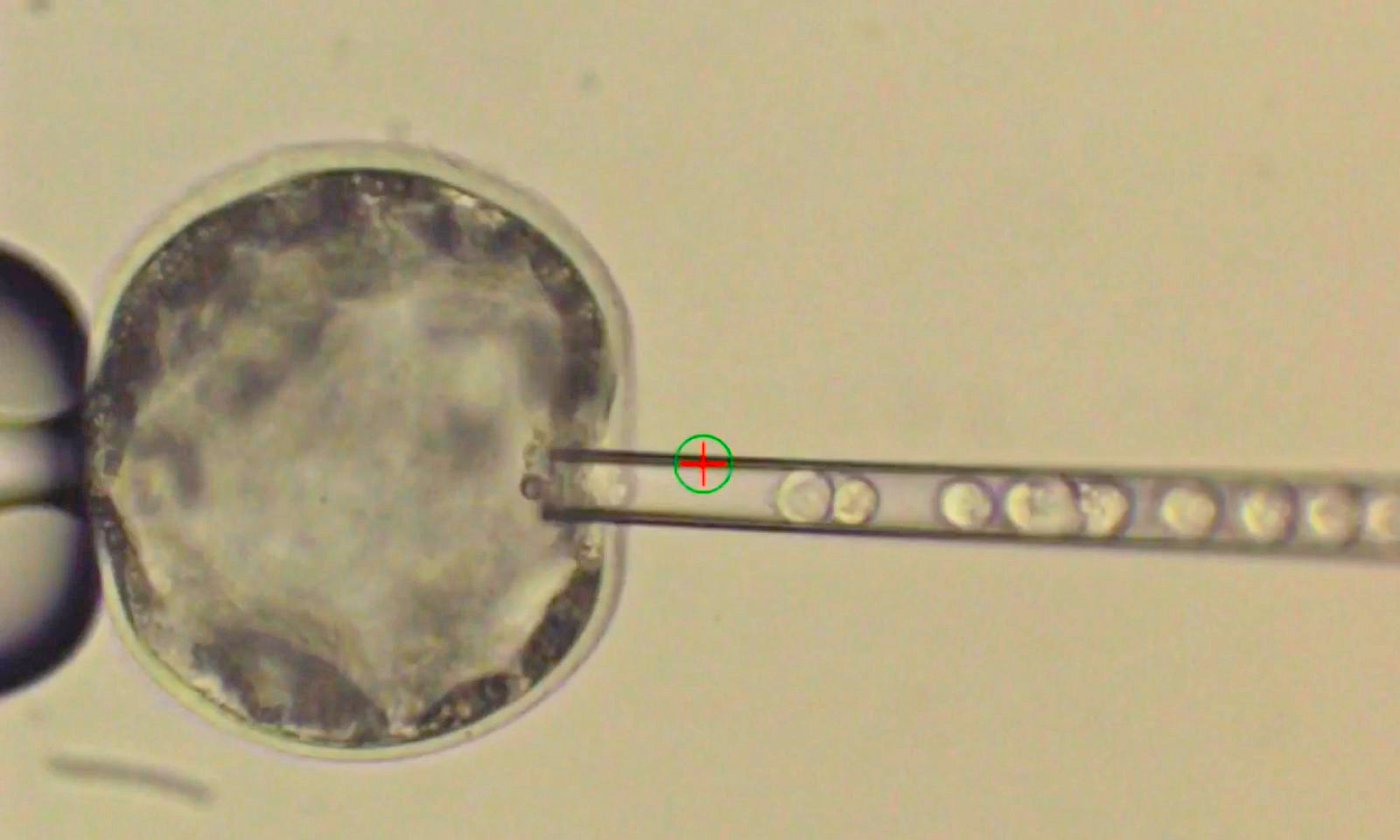
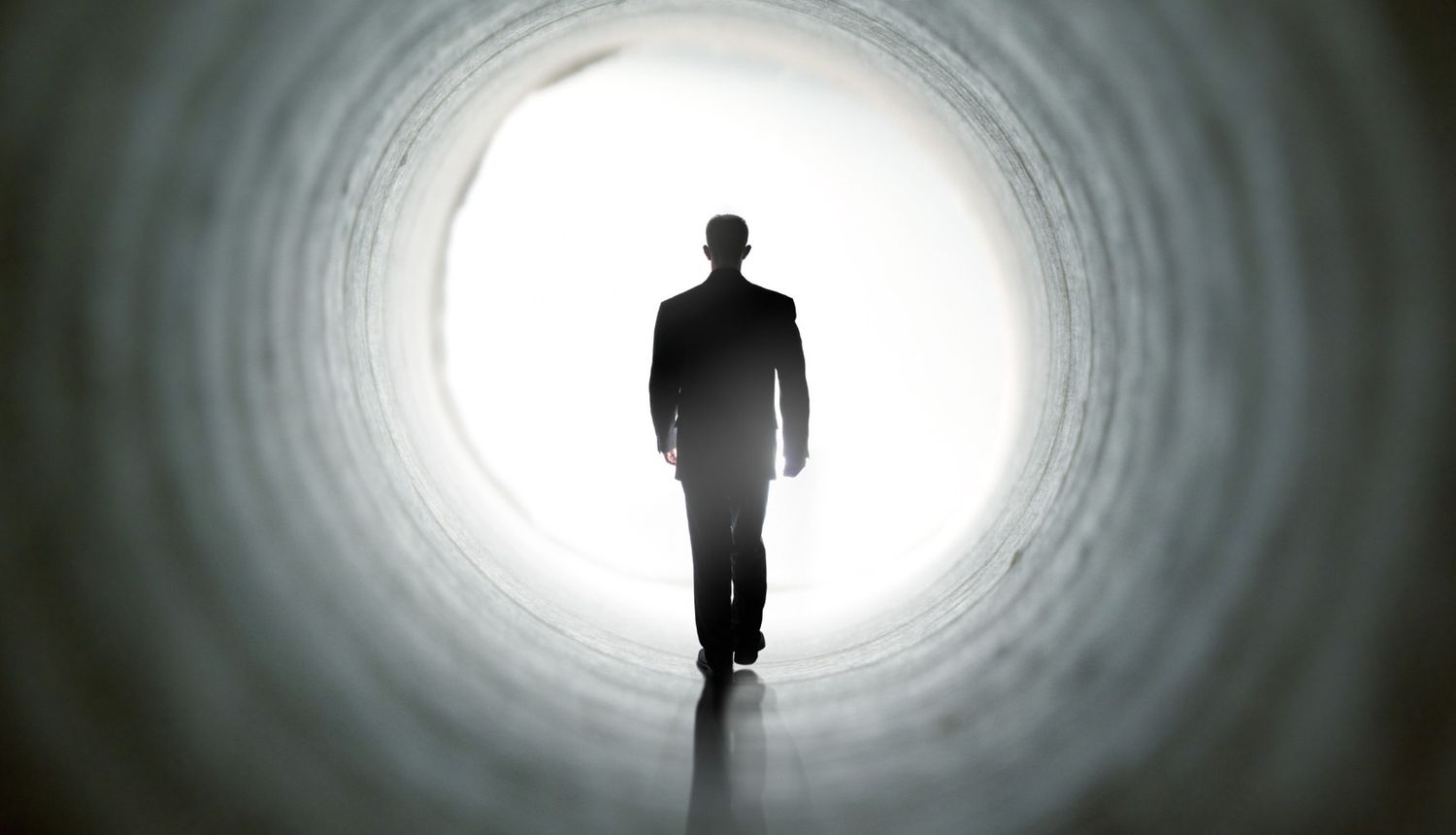
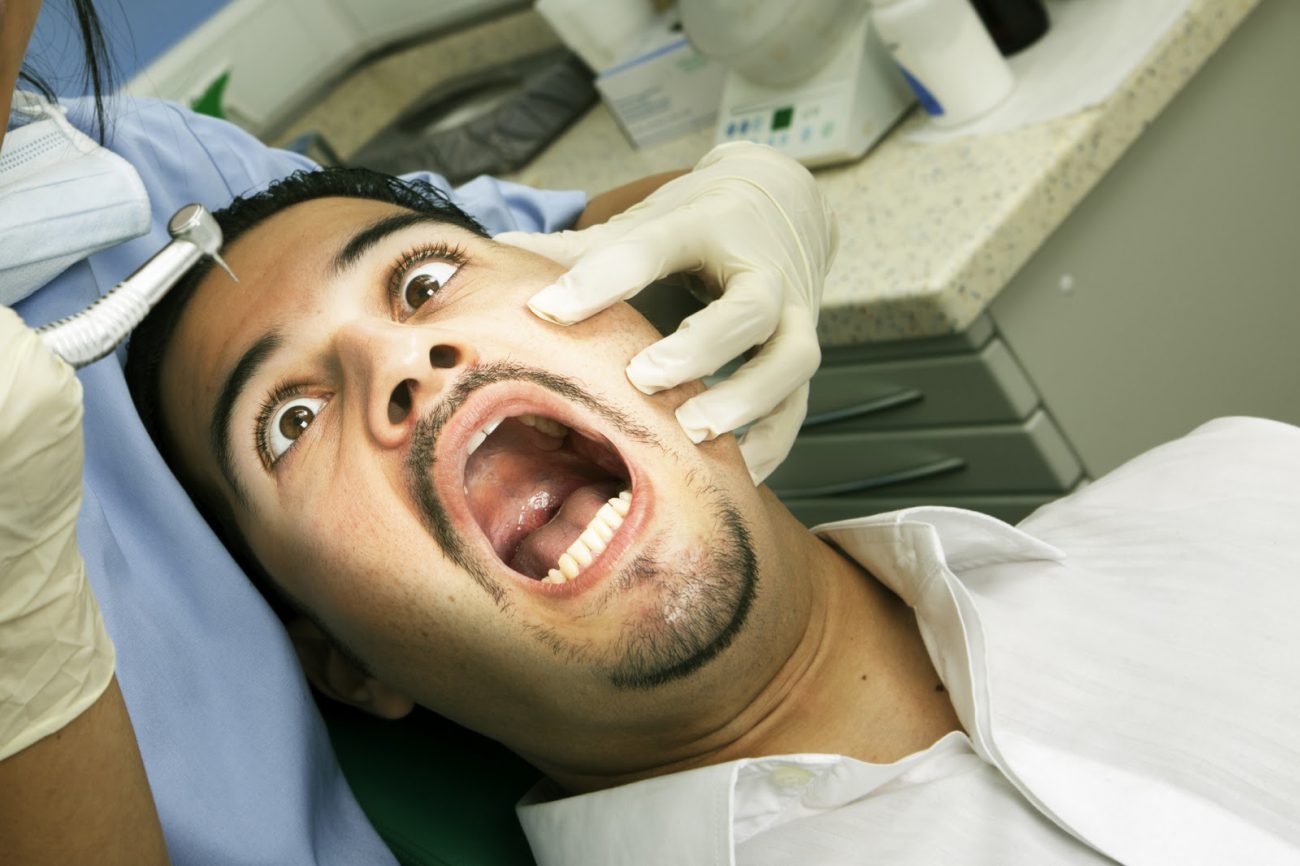
Comments (0)
This article has no comment, be the first!